Tag
#Inductive charging
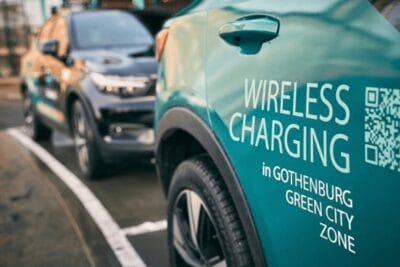
Gothenburg expands wireless charging for taxis
18.06.2025
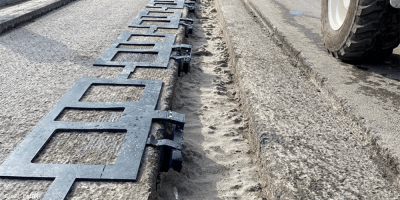
Inductive charging project with Electreon begins in North Rhine Westphalia
17.06.2025
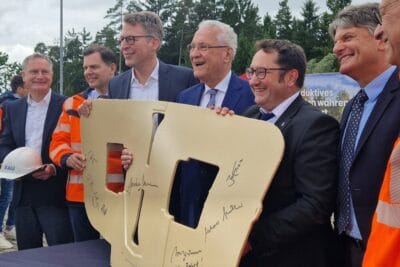
German project tests inductive charging on the Autobahn
10.06.2025
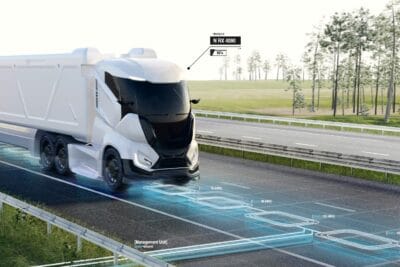
A6 motorway in Germany to become an inductive ‘e-road’
21.05.2025
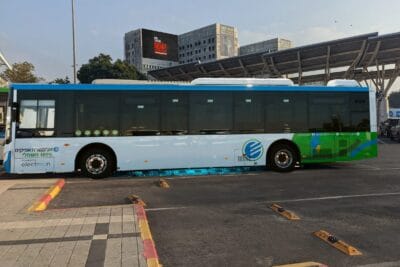
Electreon launches second inductive charging project with public transport operator
02.05.2025

Fraunhofer IISB opens wireless charging research centre
14.04.2025
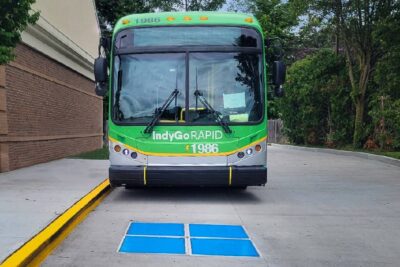
ENC to wirelessly charge electric buses with InductEV
10.04.2025
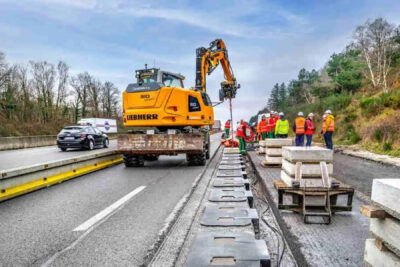
Vinci Autoroutes tests inductive charging while driving
06.02.2025
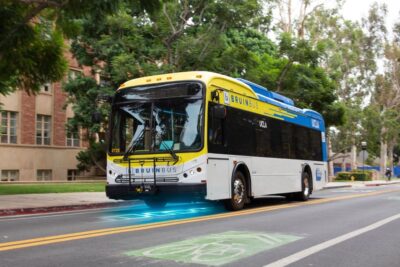
California issues funds for UCLA charging infrastructure
05.12.2024
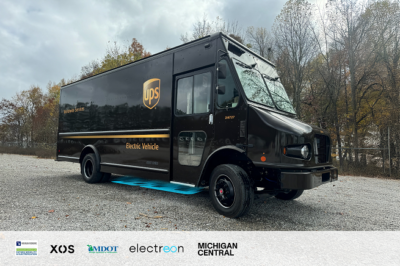
UPS tests inductive charging from Electreon in Detroit
16.11.2024
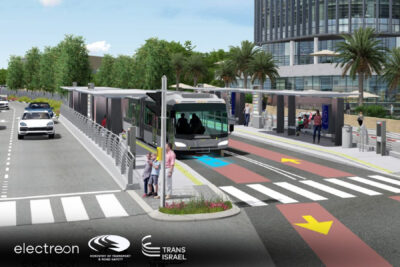
Electreon builds inductive electric bus chargers in Haifa
06.11.2024
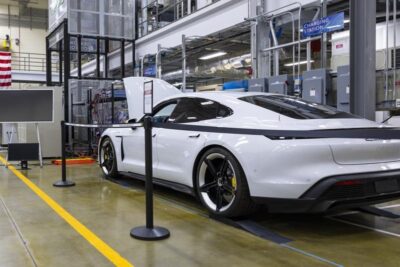
Oak Ridge Lab sets new charging record
01.08.2024
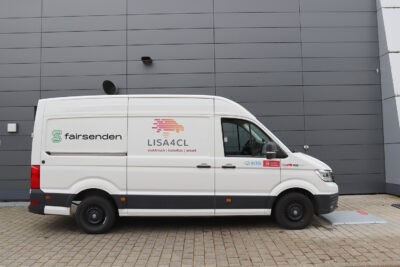
TU Braunschweig to develop wireless charging for EVs
23.05.2024
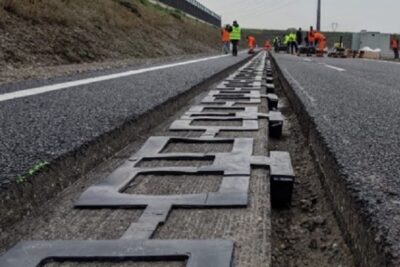
Wireless charging project to take off in Coventry
29.04.2024
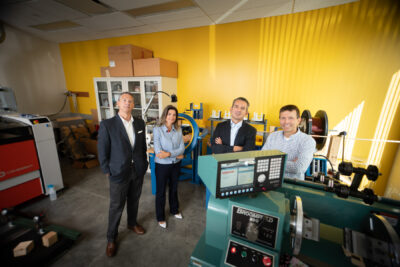
Inductive truck charging project takes shape in the USA
15.04.2024
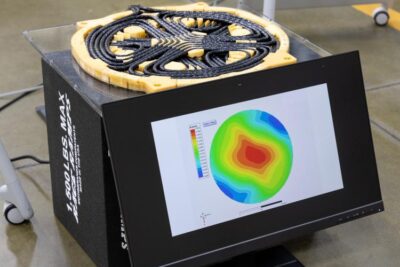
Oak Ridge researchers achieve wireless charging with 96% efficiency
18.03.2024
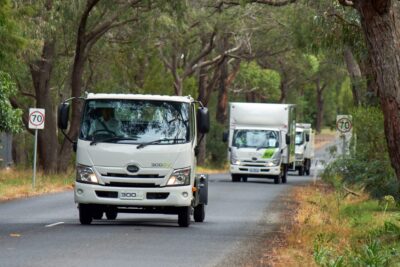
Australia to promote electric truck ramp-up with inductive charging
19.02.2024


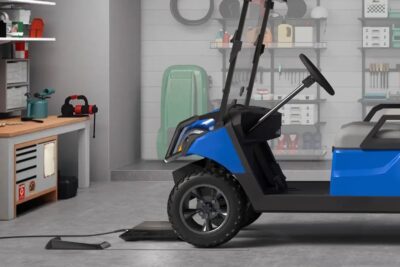
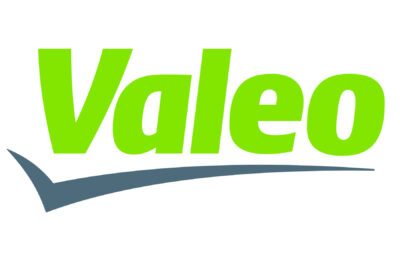
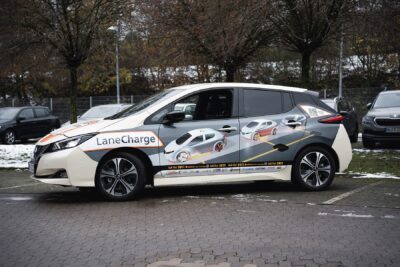
Last commented